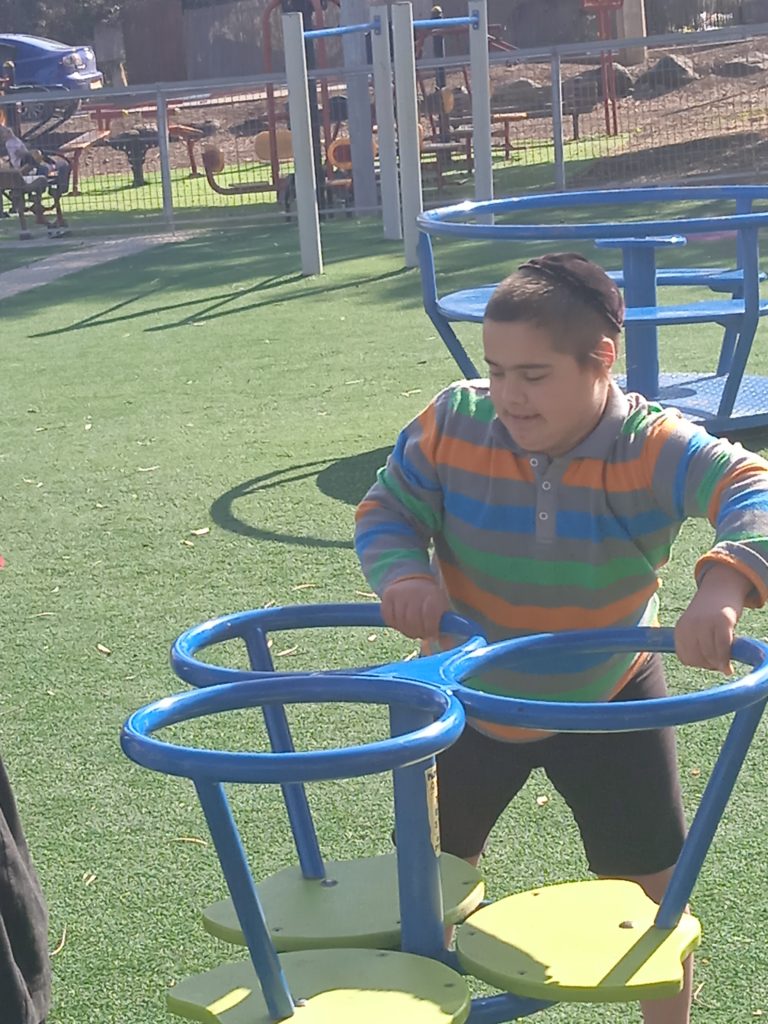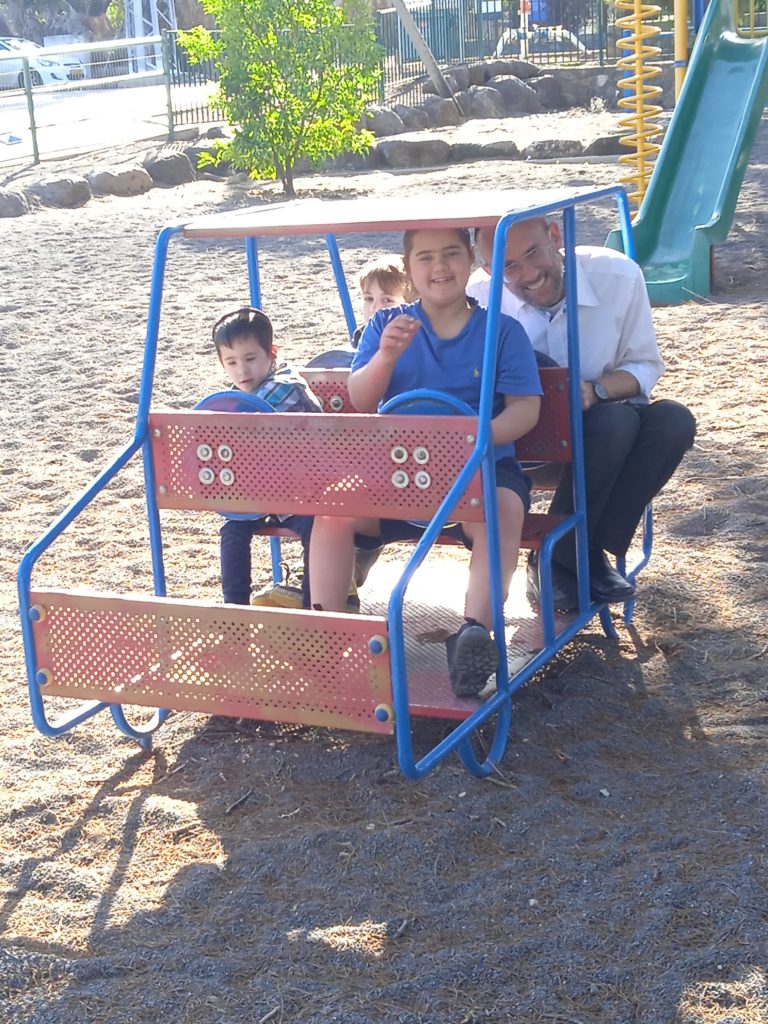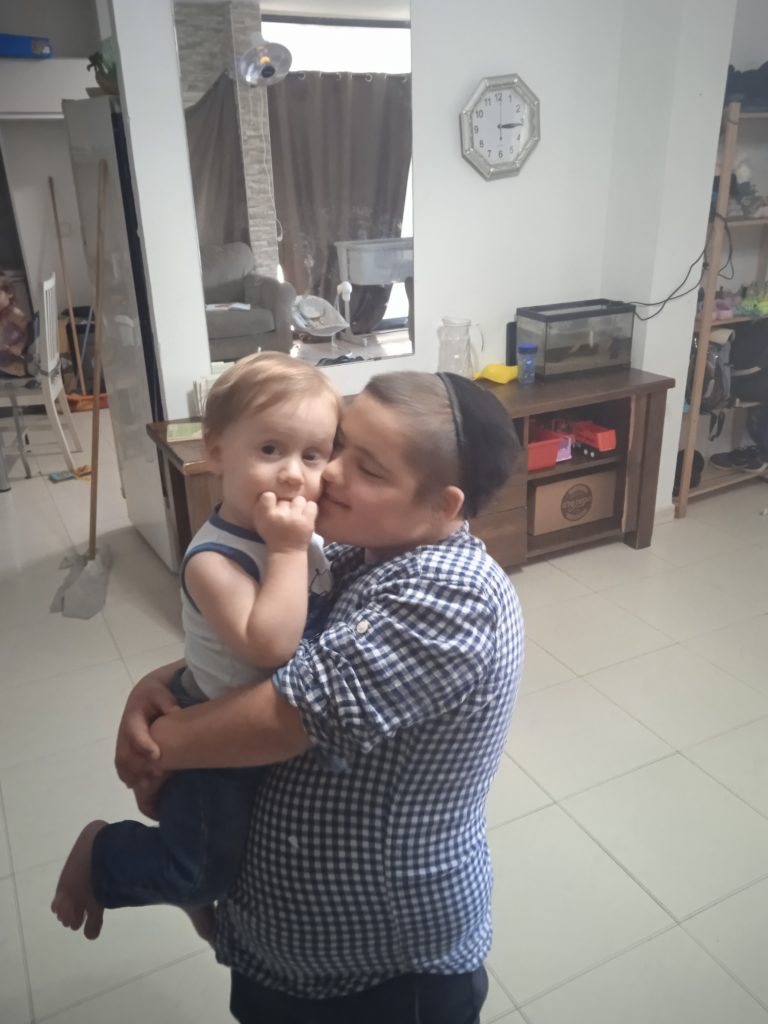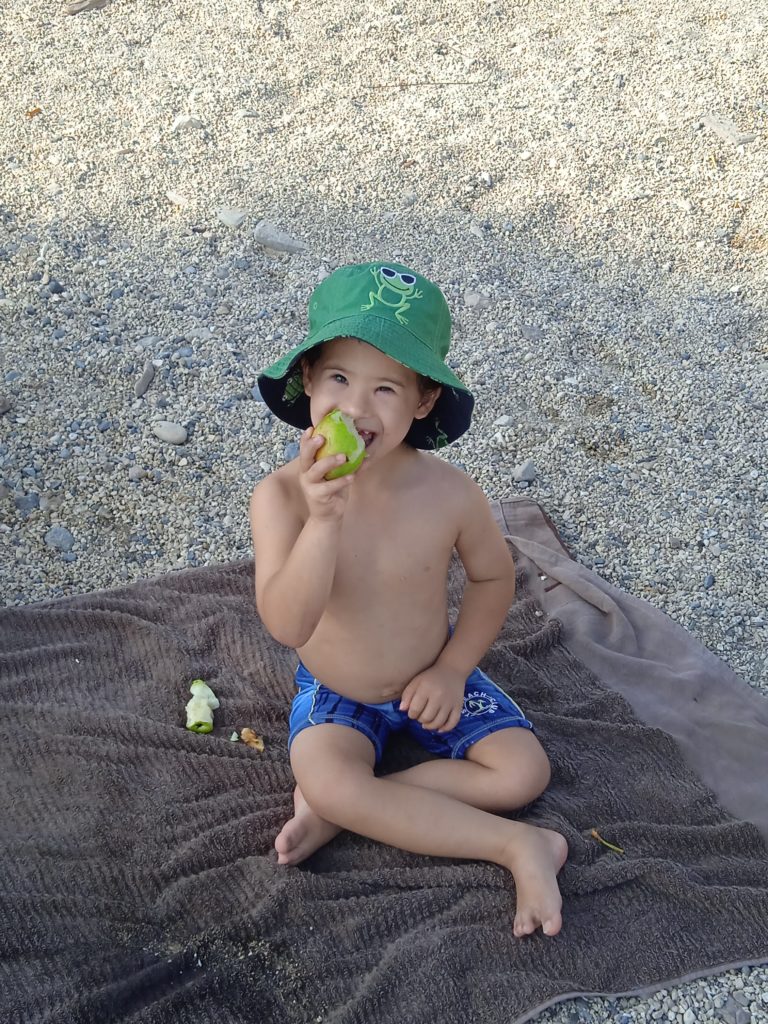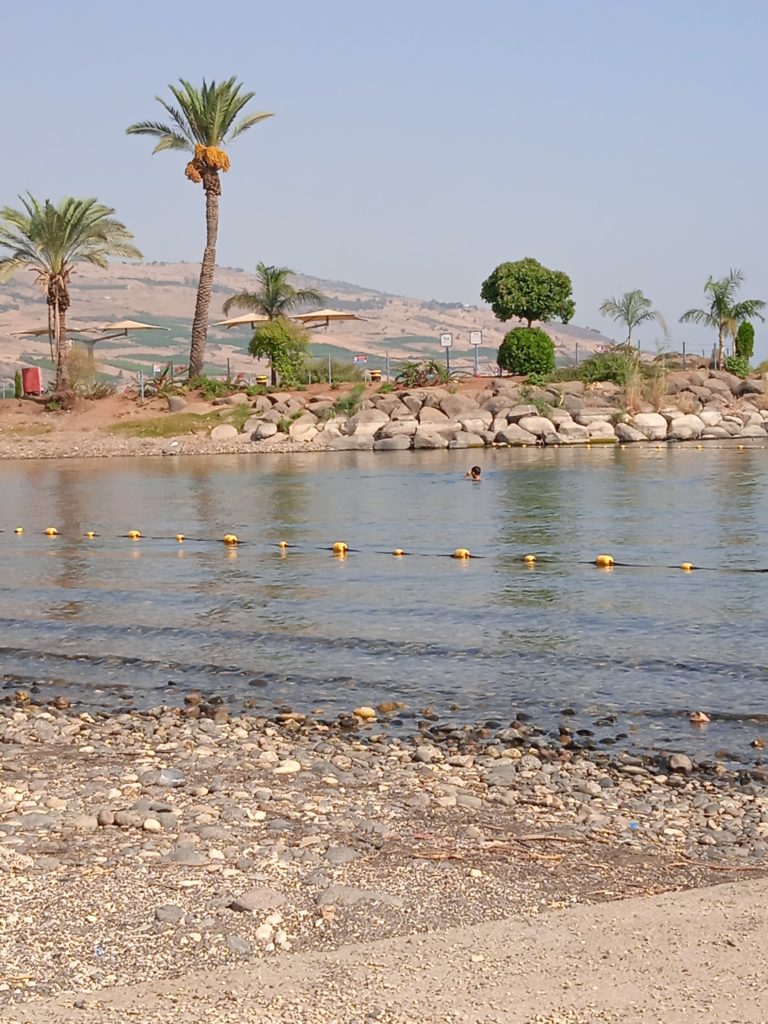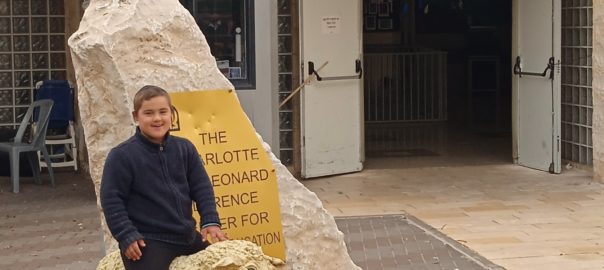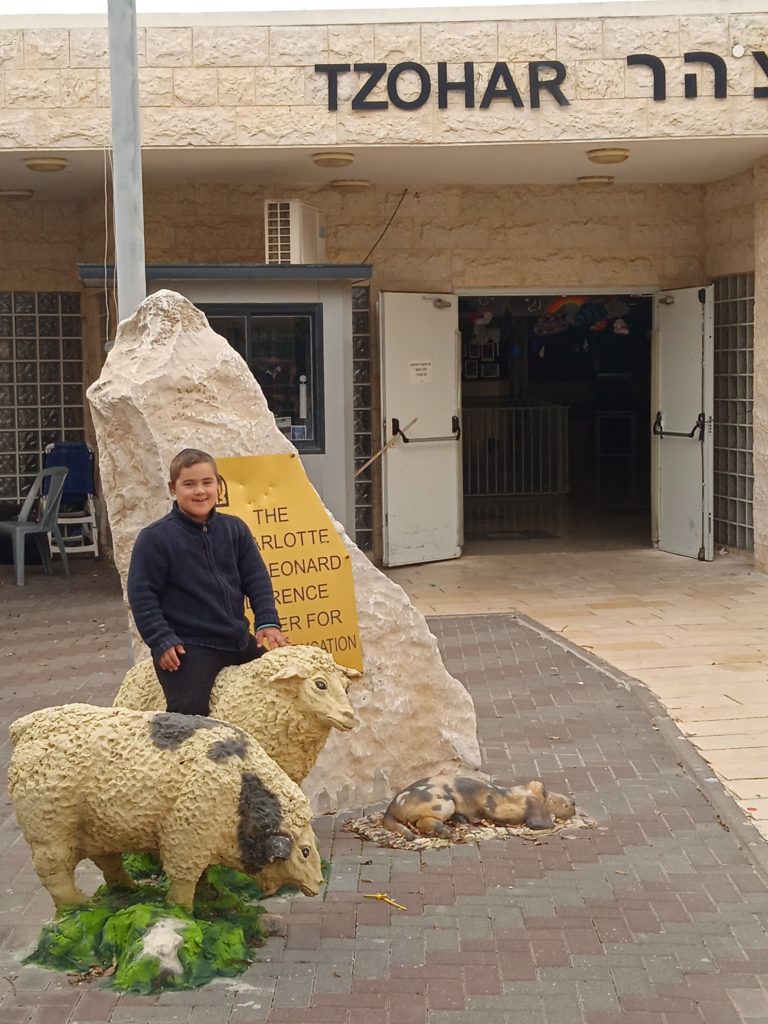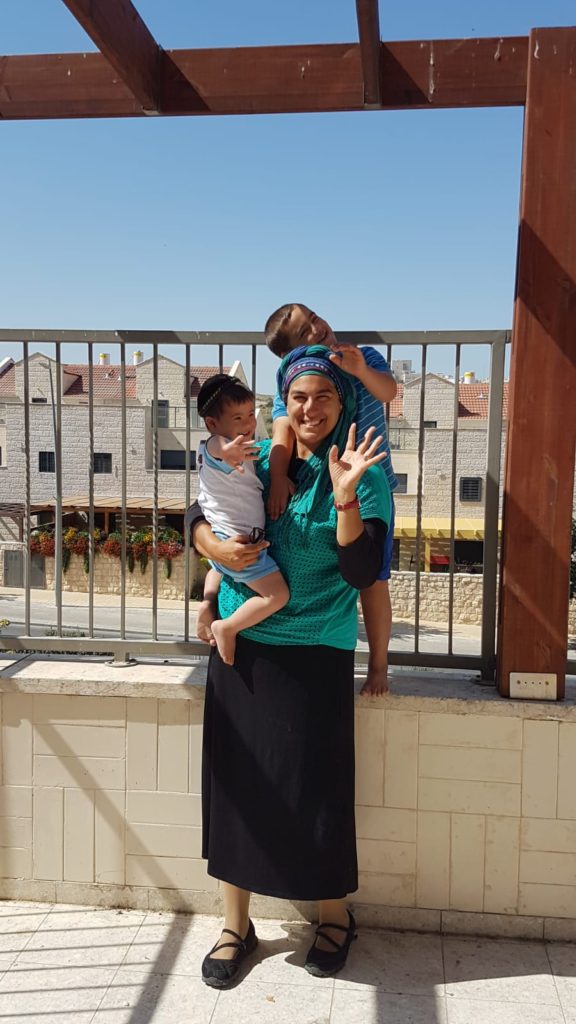Today is our son’s twelfth birthday – I remember so clearly when he was born and shared with you here all about our surprise diagnosis of Trisomy 21 a short time after his birth.
There was a lot I didn’t know and a lot to learn about, but my biggest concern was what kind of life he would have. What opportunities would there be, would people be kind to him?
Last week we celebrated a milestone – after seven months of learning with his fifteen year old brother, ds12 completed his first tractate of Mishnayos. They stayed with it regularly for all of that time, despite having very different schedules, finding time to learn together and finally, they celebrated the culmination last week.
One of my married daughters was here with her family for that Shabbos and commented how emotional it was. It was a big deal. While this is a normative learning experience for a boy this age, most people would assume it to be out of reach for a child with Trisomy 21. He did this because he wanted to, not because we suggested it or pushed him to do it. And he did it well.
I don’t want to sugar coat or gloss over the challenges of raising a child with a disability. There have been times that have been frustrating. Very frustrating. There have been issues that went on so long despite my input and support that I sometimes felt close to despairing that we would ever resolve them. But even those tough issues have improved with time and are no longer the source of angst that they once were.
Sometimes I got lost in the close-up view of the difficulties and lost sight of how amazing he is, focusing on what needed to be improved instead of looking at all that was already so, so good.
But in the last couple of weeks I’ve stepped back to look at ‘the forest’ and am incredibly grateful for what I see. I see a child with a lot of self-confidence, who knows how to ask for what he wants and doesn’t give up. He is smart and capable, he loves people and people enjoy him. He’s kind, helpful, responsible and independent.
——————-
I went to a bris recently with the younger four kids and ds greeted the father of the baby at the entrance to the hall with a hug and congratulatory wishes.
We went inside and he sat at a table with men he knew, and he grasped their hands in a high five cross grip. Then he went to the rabbi of the community and respectfully shook his hand and greeted him appropriately.
My husband wasn’t there so he was on the men’s side by himself. Though most boys his age eventually got bored and played with the elevator and were running around, he stayed seated for the next two hours, joining in appropriately at each stage. (The hard part was when it was time to leave and he just didn’t want to go.)
I watched all of this and wondered, how does he know how to act differently and so appropriately with all of these people despite them all being in the same setting, without any guidance from me?
———————–
I attended his end of the year party a few days ago, and had mixed feelings while watching his class and the class above his perform with drums and songs. He’s in a special ed school, and while I watched, I kept asking myself what he was doing there. Yes, he has Down syndrome and yes, he benefits from extra mediation – but externally he seems to be more capable than the other children I saw. I’m searching for a better word than ‘capable’ and I’m uncomfortable making this statement at all because I have no desire to imply in any way a negative judgment of others.
There was a special breakfast for the mothers after the performance, and I listened to the conversation without participating. I drove a couple of the mothers home and we talked about an issue that came up in the group discussion, and I saw clearly that I think very differently than the other mothers. I don’t expect the school to raise my child; they are my partners and I’m appreciative of all that they do, but I see it as my responsibility to equip him for life. Not the school. This wasn’t their view.
Years ago a much more experienced mother of a child with Trisomy 21 told me that I think differently than most of the other mothers she met, and I didn’t understand what she was saying. She told me the way I take responsibility isn’t typical, and I finally understand her point now.
I’ve been thinking a lot about what academic framework would best serve him going forward. We’ve had a very difficult year because of difficulties ds has experienced on the school van – being hit, kicked and made fun of. When he reacted, I was told he was violent and not welcome on the van. The kids who instigated waited until the aide’s back was turned to say and do what they did, and it took four months until I finally learned what was happening from another mother whose child told her. It’s been a really rough year, and he’s spent a third of the year at home with me.
I’m very clear that there’s not going to be another year like this. I’ve already spoken to the person at the municipality who makes transportation arrangements and put in my strong request for appropriate accommodations for next year. (When I spoke to them at the beginning of the school year, they said they weren’t yet completely set up; when I spoke to them during the year, it was too late, and when I continued speaking to them, they said that ds is the problem and no changes would make a difference.) If they don’t provide appropriate accommodations, I’ll keep him home.
Ds enjoys school, he enjoys his friends – but it’s my input that is moving him forward.
I’ve thought seriously about homeschooling him next year but as someone who thrives on being with people, I’m hesitant because I can’t yet picture how we would fill that social gap.
The principal of the local yeshiva ketana that my teens are at has spoken to my husband and told him they’d like ds12 to join the yeshiva when he’s old enough – that would be in another year or two. (He knows ds because he’s sometimes come to learn with an older brother when it’s between the official learning sessions.) I’m very interested in doing that; perhaps he’ll continue in the mornings at the school he’s at and attend the yeshiva in the afternoons, or perhaps we’ll take him out of the school he’s in completely. We have time to figure that out.
Right now ds is beginning to learn to read his parsha (Torah portion to be read out loud for the congregation) for his bar mitzva; again, this is his initiative and something he wants to do. There’s no question I could do much more with him if he were home than if he continues at school – when he comes home it’s already 2 pm, and by the time he finishes eating lunch it’s time for me to pick up the other kids from kindergarten. So we don’t have quiet time together during the school year and I can’t focus on doing some of the things I’d love to do with him that would make a big difference for him.
So what does raising a child with Down syndrome look like twelve years down the road? We’ve passed the years when everyone looks at a small child and sees only cuteness. I worried when he was young that maybe we were living the best years of his life then and maybe it was only going to go downhill from there.
But now I don’t feel that at all. I see more and more maturity in him as he grows up, and have let go of most of those worries that I had in the earlier years. Now deep in myself I really believe he’s going to do great in life, he’s going to make friends and do things that are meaningful for him. I can’t guess what that will look like – we do talk a lot about when he gets married what will happen and I expect marriage to be part of his future – but I think it’s going to be really good.
So though I’ve had a year of challenge and I still have wishfulness about things I’d like to do and am not doing, at this stage raising a child with Trisomy 21 feels like hope and optimism, of relaxing and trusting the process as he continues on his path of developing into an incredible human.
Avivah
